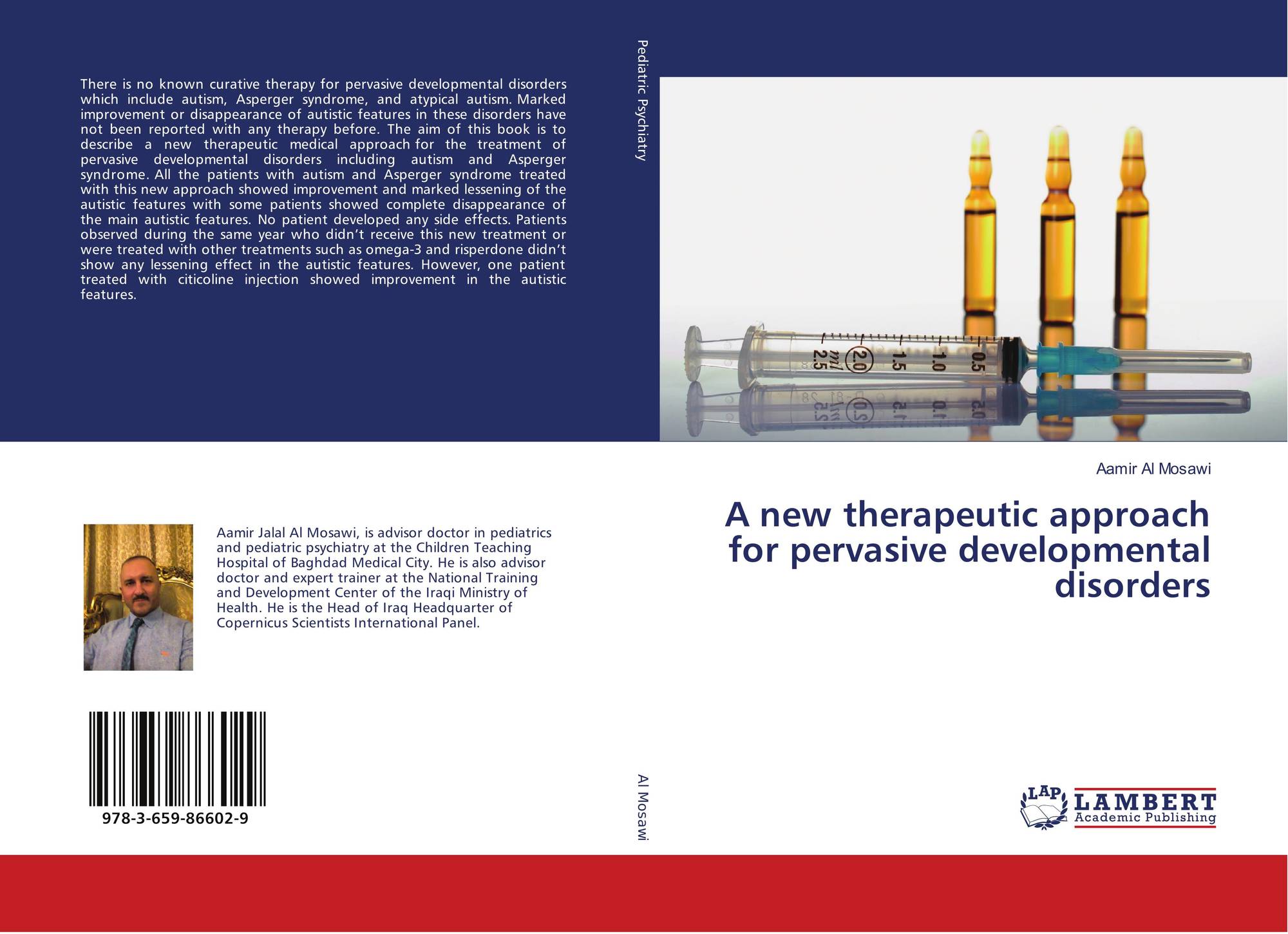
Pervasive developmental disorder is a type of psychological disorder that is characterized by a delay in child development. These individualized treatment. Treatment typically takes place within the framework of an individualized intervention program a collaboratively developed plan that parents and providers produce that describes the interventions that will be used with a given child. Treating Pervasive Developmental Disorders is a complex and time-consuming task.

This includes avoiding eye contact, lack of facial expressions, and pointing behaviour Problems relating to people and events. Inability to start, hold or keep up conversations They usually have difficulty understanding and interacting Inability to express what they are thinking through language. Problems with social communications and interaction

DiagnosisDiagnosis is usually made during early childhood, and there are no laboratory tests for PDD. It is also believed that many things, in addition to the genes, may be involved. However, scientists believe that genetics play a vital role in the development of this disorder. Heightened or decreased sensitivity to sensory stimuli or information such as taste, light, sound, smell, and touchCauses of pervasive developmental disorderThe causes of PDD are still unknown. Unusual response to sensory stimuli such as light, and loud sounds They usually have an odd interest in parts of the toy rather than the toy itself
Pervasive Development Drders How To Classify Children
The symptoms they experience mainly cover that of the Asperger syndrome. The first group is known as the high-functioning group. This is because of the debate among experts concerning exactly how to classify children who have the disorder.Recent studies suggest that people with PDD can be placed under one of the three different subgroups:

With early intervention, the child can be helped to reach his or her full potential—the earlier the diagnosis and treatment, the better. Therapy can be incorporated to help an affected child improve their social skills, interactions, and other life skills.Early intervention plays a vital role in improving the outcome of children with PDD. They are specially designed to suit the child’s specific needs.It is also essential to note that medications work best along with side therapy.


 0 kommentar(er)
0 kommentar(er)
